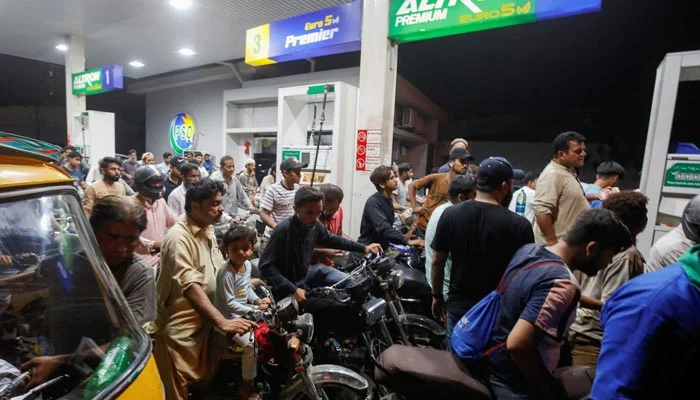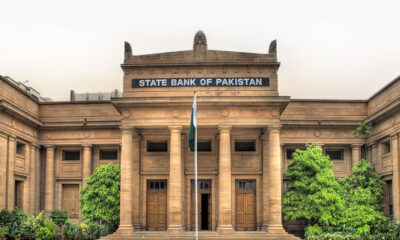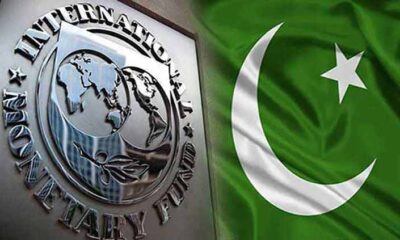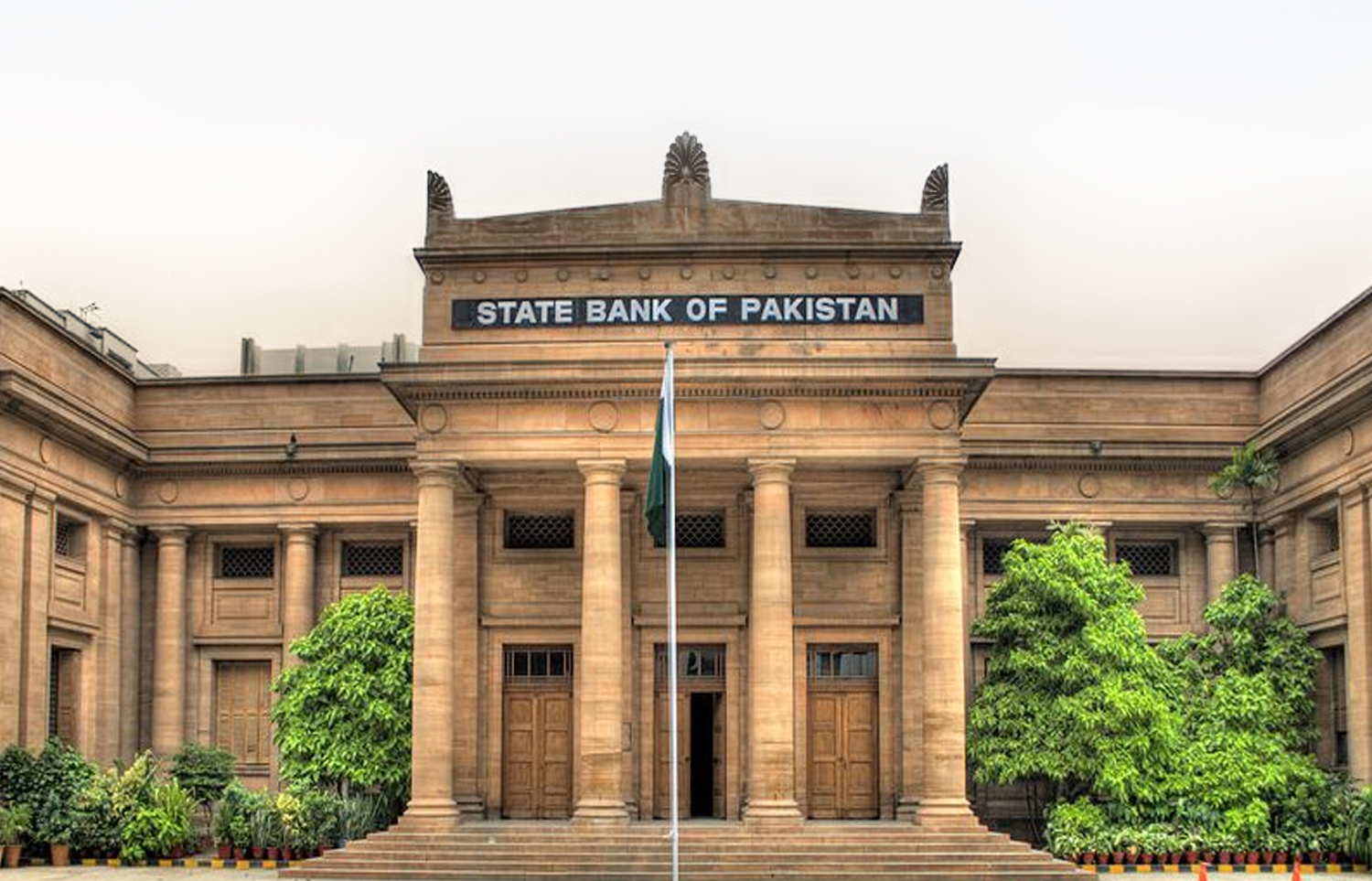Business
What could be the petrol price in Pakistan from June 1?
-

 Latest News3 days ago
Latest News3 days agoThe Chief Minister of Punjab has given his approval for the implementation of a laptop scheme aimed at providing laptops to students.
-
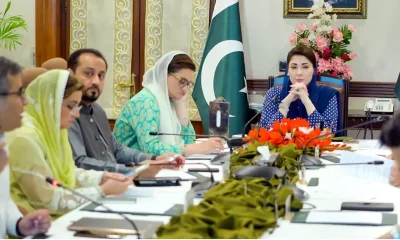
 Latest News3 days ago
Latest News3 days agoThe ‘clinics on wheels’ initiative is introduced by CM Maryam.
-
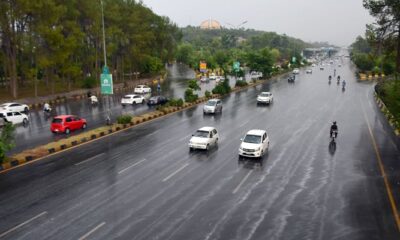
 Latest News3 days ago
Latest News3 days agoRain that calms nerves in Islamabad, Pakistan
-
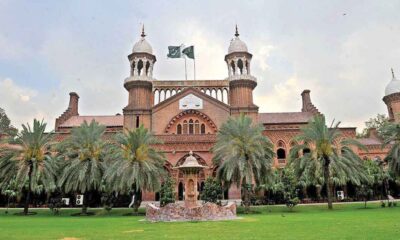
 Latest News3 days ago
Latest News3 days agoNoticing the court closure, LHC issues an order for impenetrable security.
-

 Latest News14 mins ago
Latest News14 mins agoIn the wheat import controversy, Anwarul Haq Kakar denies claims.
-

 Latest News10 mins ago
Latest News10 mins agoDeputy Prime Minister Ishaq Dar travels to China to discuss trade and economic relations.
-

 Business20 mins ago
Business20 mins agoOn this day, the FY2024–25 budget will be “presented.”

